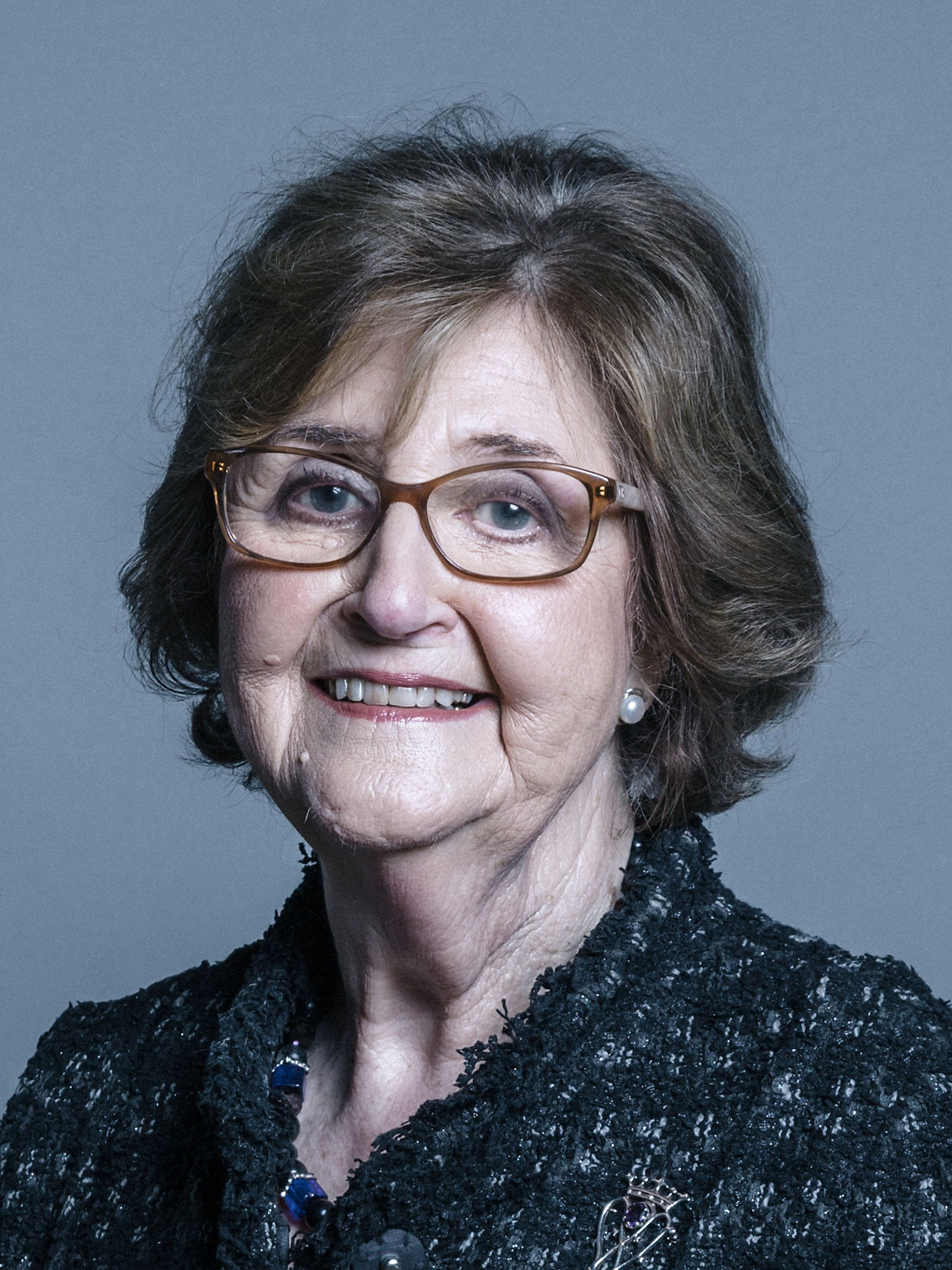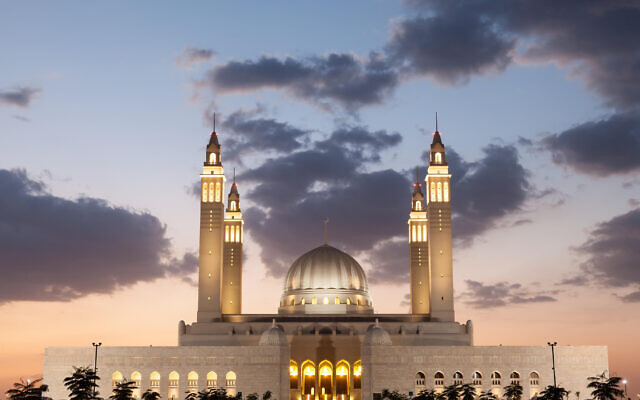Opinion: A war for the future of the Middle East
The stakes couldn't be higher in securing the long-term future of the region, writes Meta Ramsay, chair of Labour Friends of Israel
Hamas’ brutal assault of Saturday 7th October did not just trigger a war between the terror group and Israel. Instead, as a newly published paper from Labour Friends of Israel argues, it launched a multi-front battle in a struggle to shape the very future of the Middle East.
For Iran and its network of proxy armies, this struggle is part of a long-term strategy to destroy Israel and expel US influence. The IRGC has armed and trained Hamas and Palestinian Islamic Jihad (PIJ) for exactly this kind of conflict and Iran’s other proxies are active participants.
Hezbollah launches missiles daily at northern Israel to keep a proportion of Israeli forces pinned down. The Houthis attack shipping and fire rockets and drones from Yemen at Israel’s Red Sea port of Eilat. And Iranian proxies are also attacking US targets in Syria and Iraq. The terrible cost to Palestinians is the last thing that concerns the Iranians.
Hamas’s own speeches suggest that the timing of its attack was linked to Israeli-Saudi normalisation, which would further the Jewish state’s burgeoning ties in the region following the breakthrough 2020 Abraham Accords.
An Israeli-Saudi deal is a key objective in US foreign policy, and is linked to larger plans for the India-Middle East-Europe Economic Corridor (IMEC), a project to rival China’s nefarious Belt and Road Initiative.
The Middle East envisaged by the US and its allies – open to global investment and tourism, and western cultural influence – poses a direct threat to the Ayatollahs who are repressing domestic protests against their theocratic rule.
Viewing the conflict at the regional and global level helps explain Israel’s response and the backing from the US, UK and other western powers. For Hamas to emerge from this conflict still in control of Gaza would lend credibility to the Iran-led axis claim that Israel can be destroyed through gradual erosion.
This would shift the calculus of Arab states in normalising their relations and remaining aligned with the US.
Arab-Israeli normalisation has already reaped significant benefits. UAE-Israel trade is booming. Plans have been advancing for cooperation in regional security and renewable energy and water.
But Israel-Saudi normalisation would be next level. Saudi Arabia is the largest and richest of the Arab Gulf states. Less than 30km of Red Sea coast separate Eilat from Saudi territory and the new Saudi megacity of Neom is further down the coast. The synergies between Saudi capital and Israel’s innovative hi-tech ecosystem are obvious.

For the US, Israel-Saudi normalisation has even bigger geopolitical significance. At the G20 in September, it unveiled the agreement to establish IMEC: a route for trade, digital comms and clean energy from India to Europe via the UAE, Saudi Arabia, Jordan and Israel. EU Commission President Ursula von der Leyen, described it as “the most ambitious project of our generation”.
The current war threatens this vision by calling into question Israel’s long-term security and by extension US credibility in a region where great power rivals Russia and China are competing for influence.
Vladimir Putin welcomes anything that throws the west off balance by sapping its energies and causing internal divisions. And Russia is enmeshed more than ever in a strategic relationship with Tehran. Driven by its war in Ukraine, Moscow is sourcing drones and potentially missiles from Iran, whilst planning to sell the Iranians weapons including advanced fighter jets.
China shares with Russia an agenda to “de-westernise” the global order, making space for Beijing to shape the world according to its interests. As the world’s biggest importer of Middle East oil, and with infrastructure investments in Saudi Arabia, the UAE and Egypt, China would like to compete with the US for influence over states in the region.
If Hamas emerges from the conflict still in control of the Gaza Strip, it is a blow not only to Israel but the US and its standing with its allies. If, however, Hamas is defeated, a significant barrier to Arab-Israeli normalisation will have been removed.
But this vital process also requires Israel’s military operation against Hamas to be tied to a set of political objectives that can be the basis for renewed regional diplomacy with western-aligned Arab states.
Israel will have to accept a new Palestinian administration in Gaza with international backing and recommit to eventual Palestinian statehood. To be politically viable in Israel this will have to be offset by the reward of a peace agreement with Saudi Arabia, and it will require a new governing Israeli coalition that excludes the far right. The economic heft and political interests of Arab Gulf States will have to be turned into an unprecedented, ‘Marshall Plan’-sized reconstruction package for Gaza.
These tasks are huge. But so are the opportunities, and the stakes.
- Meta Ramsay, Baroness Ramsay of Cartvale is the chair of Labour Friends of Israel in the House of Lords.

Thank you for helping to make Jewish News the leading source of news and opinion for the UK Jewish community. Today we're asking for your invaluable help to continue putting our community first in everything we do.
For as little as £5 a month you can help sustain the vital work we do in celebrating and standing up for Jewish life in Britain.
Jewish News holds our community together and keeps us connected. Like a synagogue, it’s where people turn to feel part of something bigger. It also proudly shows the rest of Britain the vibrancy and rich culture of modern Jewish life.
You can make a quick and easy one-off or monthly contribution of £5, £10, £20 or any other sum you’re comfortable with.
100% of your donation will help us continue celebrating our community, in all its dynamic diversity...
Engaging
Being a community platform means so much more than producing a newspaper and website. One of our proudest roles is media partnering with our invaluable charities to amplify the outstanding work they do to help us all.
Celebrating
There’s no shortage of oys in the world but Jewish News takes every opportunity to celebrate the joys too, through projects like Night of Heroes, 40 Under 40 and other compelling countdowns that make the community kvell with pride.
Pioneering
In the first collaboration between media outlets from different faiths, Jewish News worked with British Muslim TV and Church Times to produce a list of young activists leading the way on interfaith understanding.
Campaigning
Royal Mail issued a stamp honouring Holocaust hero Sir Nicholas Winton after a Jewish News campaign attracted more than 100,000 backers. Jewish Newsalso produces special editions of the paper highlighting pressing issues including mental health and Holocaust remembrance.
Easy access
In an age when news is readily accessible, Jewish News provides high-quality content free online and offline, removing any financial barriers to connecting people.
Voice of our community to wider society
The Jewish News team regularly appears on TV, radio and on the pages of the national press to comment on stories about the Jewish community. Easy access to the paper on the streets of London also means Jewish News provides an invaluable window into the community for the country at large.
We hope you agree all this is worth preserving.






















